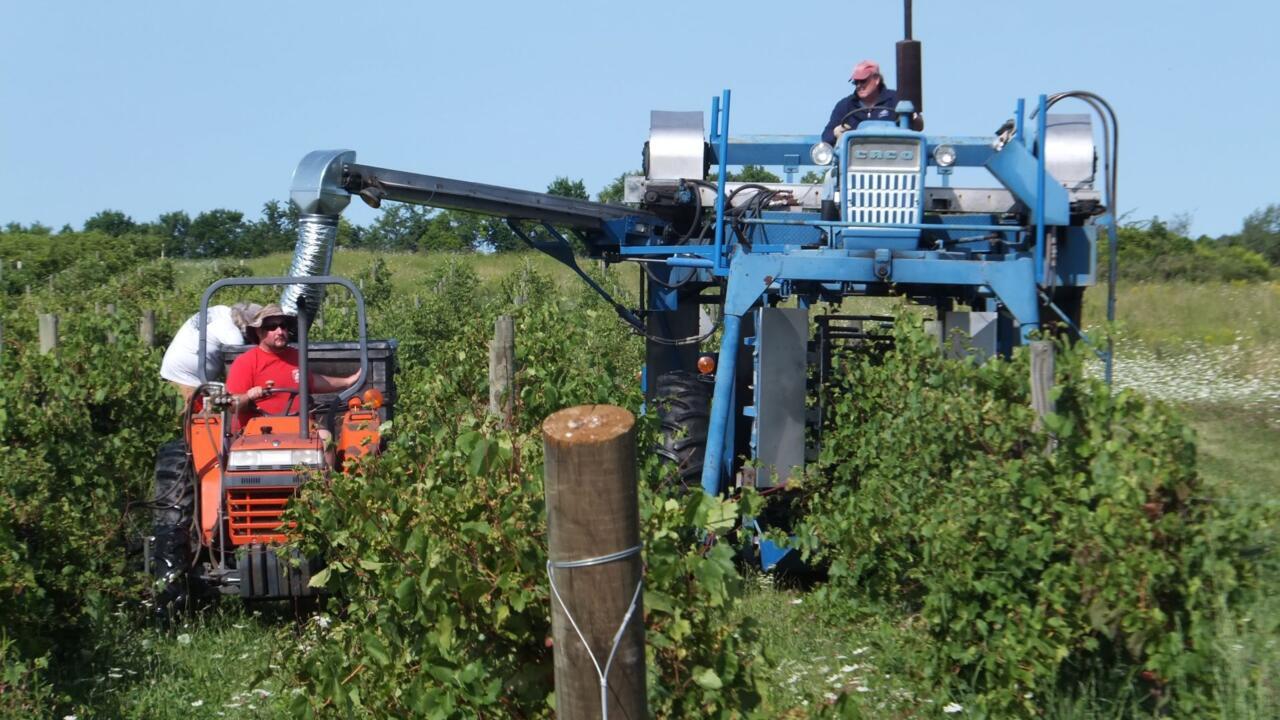“We have great sympathy for those suffering from the debilitating effects of Parkinson’s disease,” a spokesperson for Syngenta said in a statement to AFP.
“However, it is important to note that the scientific evidence simply does not support a causal link between paraquat and Parkinson’s disease, and that paraquat is safe when used as directed.”
Multiple credible studies have found that agricultural workers who handle paraquat — or live near areas where it is applied — face a higher incidence of Parkinson’s disease, which can eventually turn even the simplest movements into daunting challenges.
Animal research further underscores paraquat’s toxic effects on nerve cells, although proving direct causation for individuals affected by Parkinson’s remains difficult.
“I find it extraordinarily frustrating that the chemical companies have hidden behind the concept of being able to show causation, and they’ve used that as an excuse,” Australia-based neurologist David Blacker said in an interview with Pesticide Action UK.
“That’s where the precautionary principle comes in,” he added. “If there is a doubt, especially if there are alternatives, it then becomes, in my mind, ethically and even morally unsound to continue.”
‘It’s scary’






